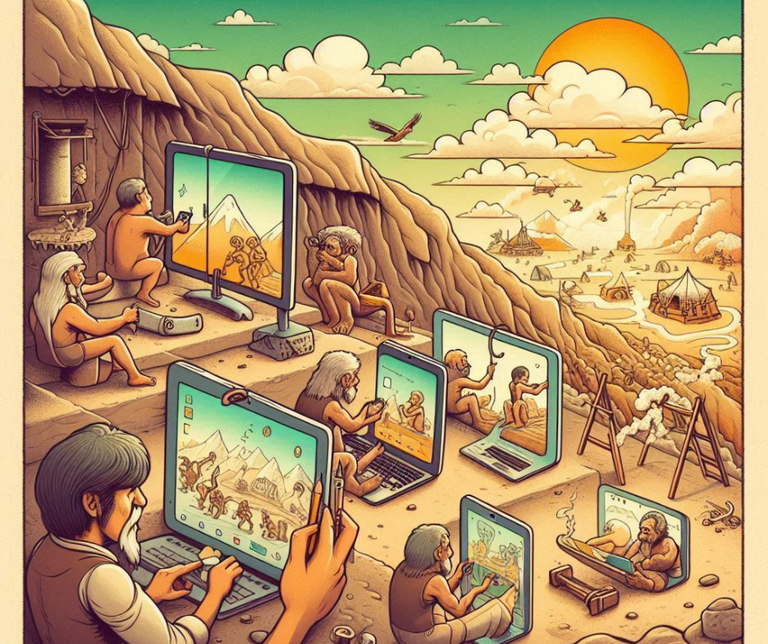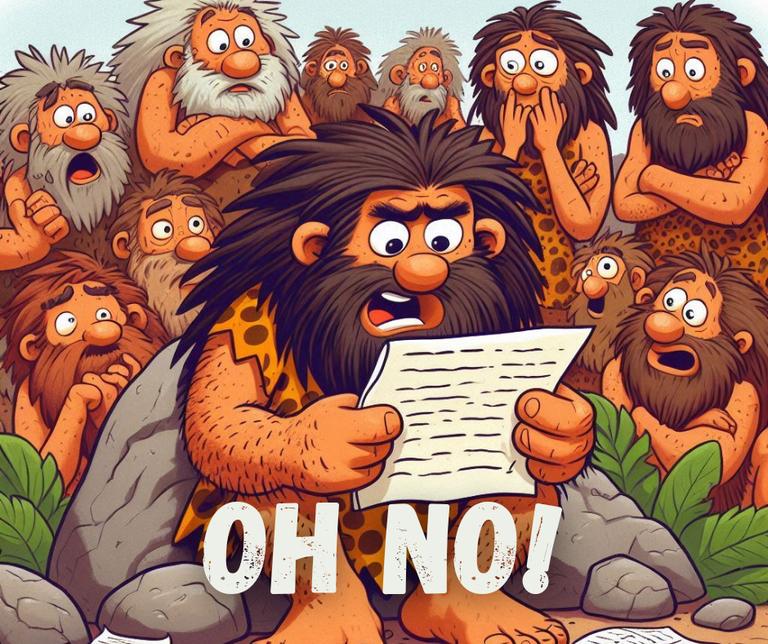Scrolling and the Mind

You don't need to be super observant to see that there is a general make-up of most social media in modern times. Back when social media was still new, the amount of content you could consume was not limitless.
If you scrolled through Facebook you could actually meet the ending of all the posts that are available to you on your feed.
Now, what we see from different social media, whether it be Facebook, TikTok, YouTube, x (Twitter), or Reddit is an endless list of content. These pages are designed to keep you enthralled.
There was a time when my mother could judge me for the time that I spent on my phone and while it is still largely true that I spend more time on my phone than her, you'd be right if you guessed that she isn't as confused as to why these products would consume her child.
The average time spent using a phone has gradually increased regardless of the demographic you are looking at. Even among preschool-aged children, there is a rise in screen time.
Is it possible that there is a relationship between scrolling and screen time and if this is the case what could that do to the mind?
I remember first coming across literature on the design of mobile apps (non-social media alike) to take the likeness of a slot machine.
What if it's not the content per se, what if scrolling is something that we just appreciate as a species on a very basic level?
The Pre-Historic Man

Source
The need for scrolling takes control over certain instinctual aspects of the human mind that need instant gratification for the least amount of effort.
Imagine what the pre-historic man had to go through to find out who was the tribe leader or what the tribe leader's decision was. It probably included some form of communication before the invention of scribbling.
Despite the difficulty in communicating directly and indirectly, information needed to be passed and was important.
That same dopamine circuitry still exists today. We still crave information and I would argue the cheaper the acquisition of the information the higher the dopamine hit.
While we may have evolved to use more tools, we are still cavemen seeking new information to better map out our environment. So new or interesting details of the surroundings still feel the same way they did in the past: interesting/intriguing/gratifying.
It provides us with a sense of comfort knowing that we are safe in ideas we have gathered to think about. As philosopher Alfred North Whitehead put it:
The purpose of thinking is to let the ideas die instead of us dying.
So new ideas lead to new thinking a never-ending stimulation from a simulation for the caveman's mind.
Unlike the caveman, however, we no longer have to go out to the wild and sniff on the piss of a wild cat to get the news of impending doom. We can simply switch on our smartphones and it will tell us about the neighbouring zoo with a stray lion that people need to be on watch for.
We don't need to in-directly have the social norms be communicated to us because we faulted them, we can simply check them out on our phones.
The benefits of these devices in the lives of humans are endless. Starting from the mode of communication that exists between the reader and the writer to the speaker and the listener the breakdown could itself turn into an endless scrolling list.
Consequences
The way we have evolved around our devices is not the way we have been known to function. While writing this post I'm doing my best to stick with how cheap sorting of information can lead to certain problems.
We have become a dopamine dispensary because of the stimulus coming our way. New knowledge always has the same feeling except when it doesn't.
Eventually, we reach burnout and we no longer know what to do with the information.
Another interesting aspect of all this is the fact that the more we scroll through social media, the less we feel connected to the way normal social interactions are supposed to make us feel.
There is enough evidence to support the link between mental health complications and social media. The world is a more lonely place filled with more people who are stressed out and dealing with fears at every corner. This always existed but we are seeing record numbers in every part of the globe.
Final words
We are not the creatures we once were in a lot of ways. We are more loving and more trusting or at least we don't tend to show our dark sides. That's why we have allowed ourselves to nurture machines that increase the likelihood that we destroy ourselves.
Imagine what the caveman would do to a smartphone if they found one in some time travel accident. It would probably chime and eventually become an object of worship and cause wars before being destroyed or going back to start the cycle of worship and war.
Each of us is currently going through one of those phases right now. Worship, war or destruction, which one is yours?
Are you scrolling because it's become your ritual, are you scrolling to keep your sanity while being distracted by the device or are you on the verge of ending the battle this device is having on your mind?
Wherever you have found yourself, just know that the goal of owning the device is not for it to control you but for you to control it and no matter how much you scroll, you will never find yourself on that screen.


Thanks for your contribution to the STEMsocial community. Feel free to join us on discord to get to know the rest of us!
Please consider delegating to the @stemsocial account (85% of the curation rewards are returned).
You may also include @stemsocial as a beneficiary of the rewards of this post to get a stronger support.